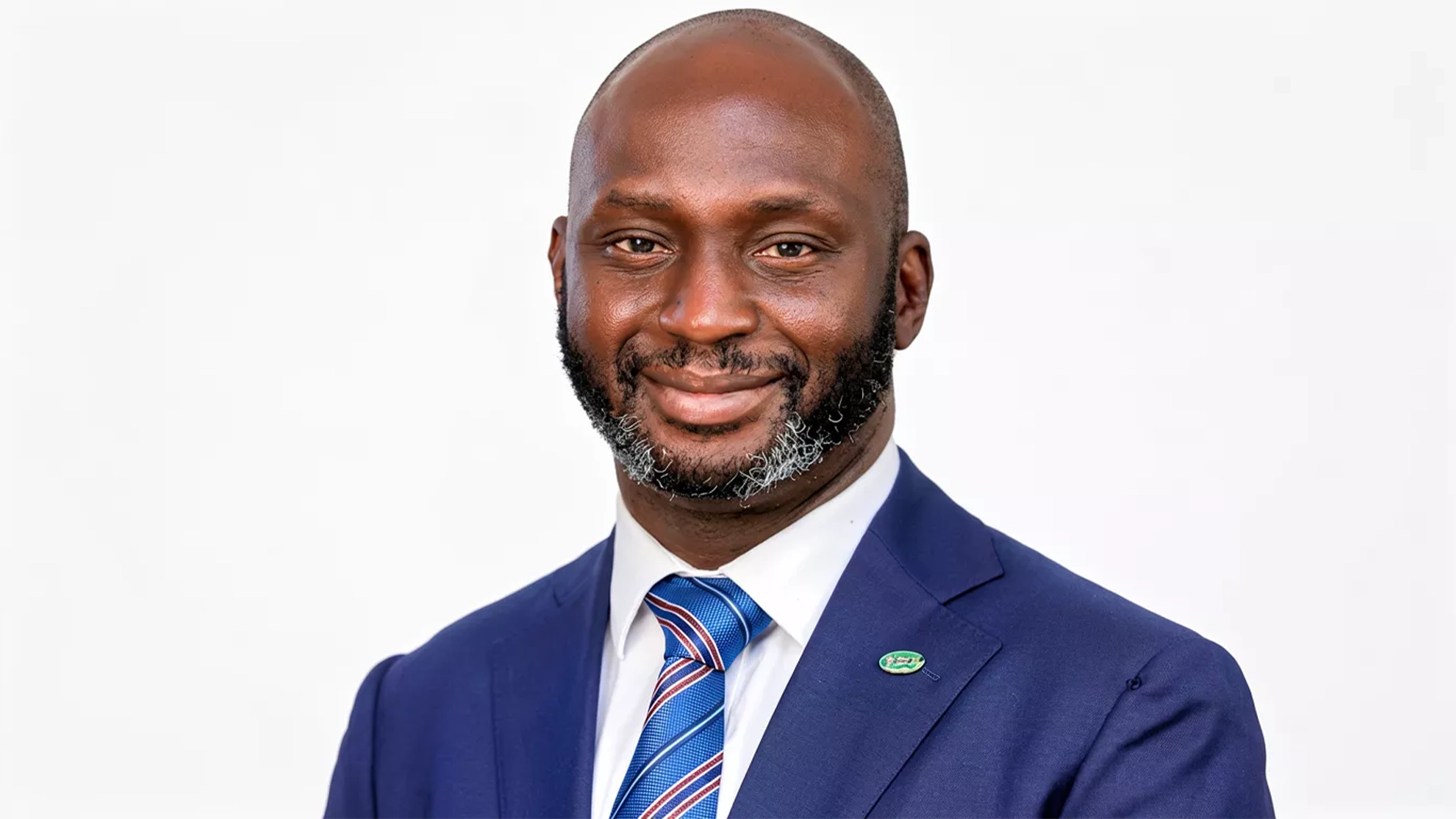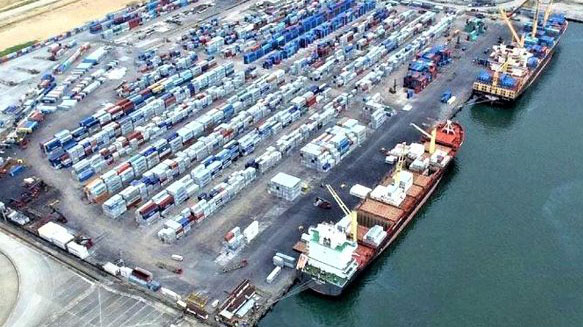Delta State Governor, Sheriff Oborevwori, has called for a comprehensive national framework to build a sustainable and globally competitive automotive industry in Nigeria, warning that the absence of coherent policies and legislative support is undermining the country’s industrial growth and youth empowerment.
Speaking in Asaba on Monday while declaring open a four-day retreat for members and staff of the House of Representatives Committee on Industry, Governor Oborevwori said the time had come for Nigeria to break free from dependence on imported vehicles and components by investing in local production, innovation, and human capital development.
The retreat, themed “Building a Globally Competitive Automotive Sector in Nigeria through Effective Executive–Legislative Partnership,” brought together key industry stakeholders, policymakers, and legislators to chart a path toward industrial revitalisation.
Represented by his Chief of Staff, Hon. Prince Johnson Erijo, the Governor stressed that Nigeria’s inability to harness its industrial and mineral potential fully was costing the nation billions in foreign exchange and thousands of lost job opportunities annually.
“Nigeria must build a sustainable and globally competitive automotive industry that empowers our youths, conserves foreign exchange, and promotes national pride. We need legislative backing for local manufacturing incentives, infrastructure funding, and skill development aligned with consistent government policies”, the governor said
He commended the House Committee on Industry and the National Automotive Design and Development Council (NADDC) for their initiative in convening the retreat at a time when Nigeria was “desperately seeking to diversify its economy, revive local manufacturing capacity, and stimulate industrial growth.”
In his remarks, Chairman of the House Committee on Industry, Hon. Enitan Dolapo Badru, said effective collaboration between the Executive and Legislative arms was critical to achieving a globally competitive automotive sector.
Badru lamented that the sector remained stifled by poor access to financing, high interest rates, and policy inconsistencies that discourage investment.
“One of the biggest challenges facing the automotive industry today is the high cost of credit. Local manufacturers are struggling to stay afloat, while consumers cannot afford new vehicles due to harsh lending conditions,” he said.






